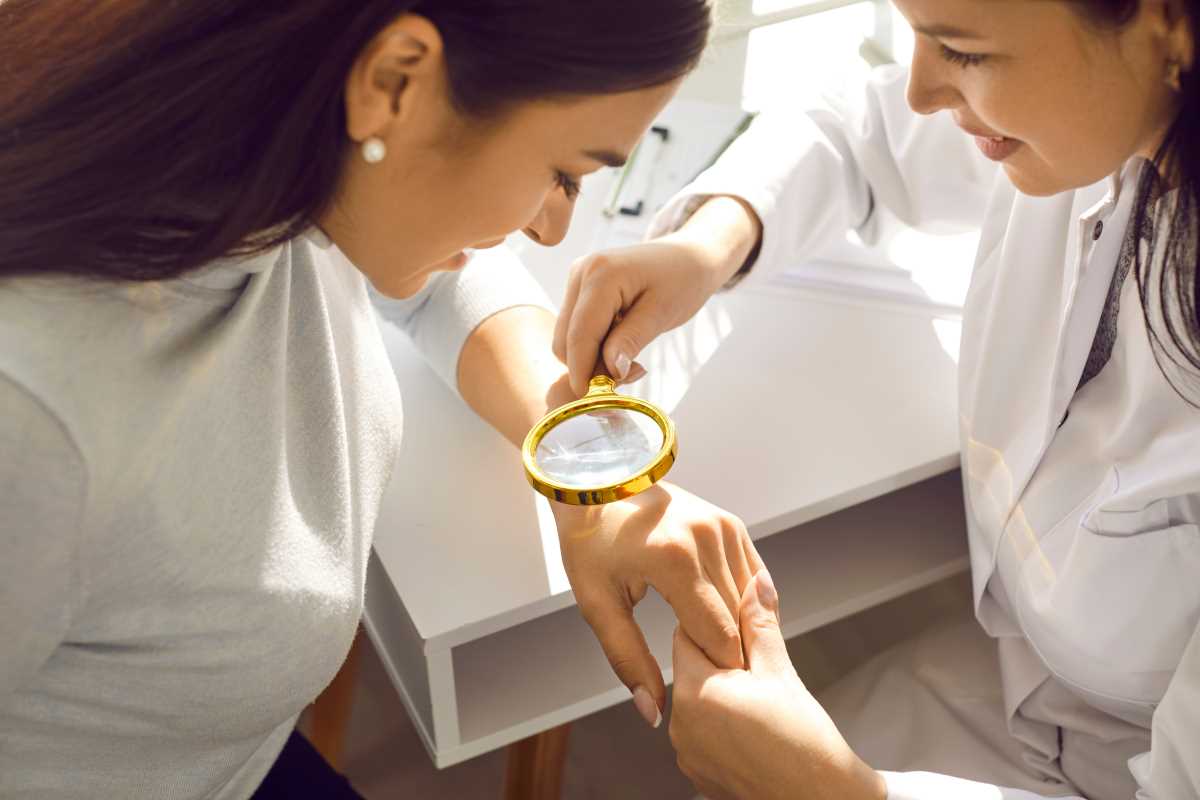Acupuncture, an ancient practice rooted in Traditional Chinese Medicine (TCM), has been utilized for thousands of years to promote overall health and well-being. In recent decades, it has gained attention in the field of reproductive health, particularly as a complementary approach to fertility treatment. By addressing the physical and emotional components of fertility, acupuncture offers a holistic strategy aimed at enhancing reproductive potential.
Understanding Acupuncture and Its Historical Roots
Acupuncture involves the insertion of thin needles into specific points on the body, known as acupoints. This practice is based on the concept of Qi (pronounced “chee”), the vital life force that flows through pathways in the body called meridians. In TCM, it is believed that blockages or imbalances in Qi can lead to various health issues, including infertility. By stimulating acupoints, acupuncture aims to restore balance and promote the free flow of Qi, supporting the body’s natural healing processes.
How Acupuncture May Influence Fertility
Acupuncture is thought to support fertility through several mechanisms:
- Hormonal Balance: Acupuncture may help regulate the endocrine system, which is responsible for hormone production and regulation. By promoting hormonal balance, acupuncture can enhance menstrual cycle regularity and improve ovarian function.
- Stress Reduction: Stress is a known factor that can negatively impact fertility. Acupuncture is often used to reduce stress and anxiety, creating a more favorable environment for conception. The calming effect of acupuncture sessions can lower cortisol levels, a stress hormone that may interfere with reproductive hormones.
- Improved Blood Flow: Acupuncture is believed to increase blood flow to the reproductive organs, supporting the health of the ovaries and uterus. Enhanced circulation can improve the uterine lining, making it more receptive to embryo implantation.
Scientific Evidence Supporting Acupuncture in Fertility Treatment
Several studies have explored the potential benefits of acupuncture for fertility. Research published in the journal Fertility and Sterility suggests that acupuncture may improve outcomes for women undergoing in vitro fertilization (IVF) by increasing pregnancy rates and reducing miscarriage rates. Another study in the American Journal of Reproductive Immunology found that acupuncture can positively affect uterine artery blood flow, potentially enhancing implantation success.
Integrating Acupuncture with Conventional Fertility Treatments
Acupuncture is often used alongside conventional fertility treatments like IVF. It can be incorporated at various stages of the fertility journey:
- Pre-Conception: Acupuncture can be used to prepare the body for conception by optimizing hormonal balance and reducing stress.
- During IVF: Acupuncture is commonly administered before and after embryo transfer to support implantation and reduce stress.
- Post-Conception: Acupuncture may also be used to support early pregnancy and reduce the risk of miscarriage.
What to Expect During Acupuncture Sessions for Fertility
During an acupuncture session, a practitioner will conduct a thorough assessment to tailor the treatment to the individual’s needs. The session involves the insertion of needles into specific acupoints related to reproductive health. Patients often report feelings of relaxation and calmness during and after the treatment. Sessions typically last between 30 to 60 minutes, and the number of sessions may vary depending on the individual’s needs and treatment goals.
Benefits and Considerations for Acupuncture in Fertility Treatment
Acupuncture offers several potential benefits for those on their fertility journey. It provides a natural and non-invasive approach that can enhance well-being and support reproductive health. However, it is essential to consult with both a healthcare provider and a qualified acupuncturist to ensure that acupuncture is appropriate and safe, especially when used in conjunction with other fertility treatments.
Acupuncture can play a valuable role in fertility treatment by addressing various aspects of reproductive health. Its potential to balance hormones, reduce stress, and improve blood flow make it a promising complement to conventional therapies. For individuals exploring fertility options, acupuncture represents a holistic approach that may enhance the overall fertility experience and success.
 (Image via
(Image via





